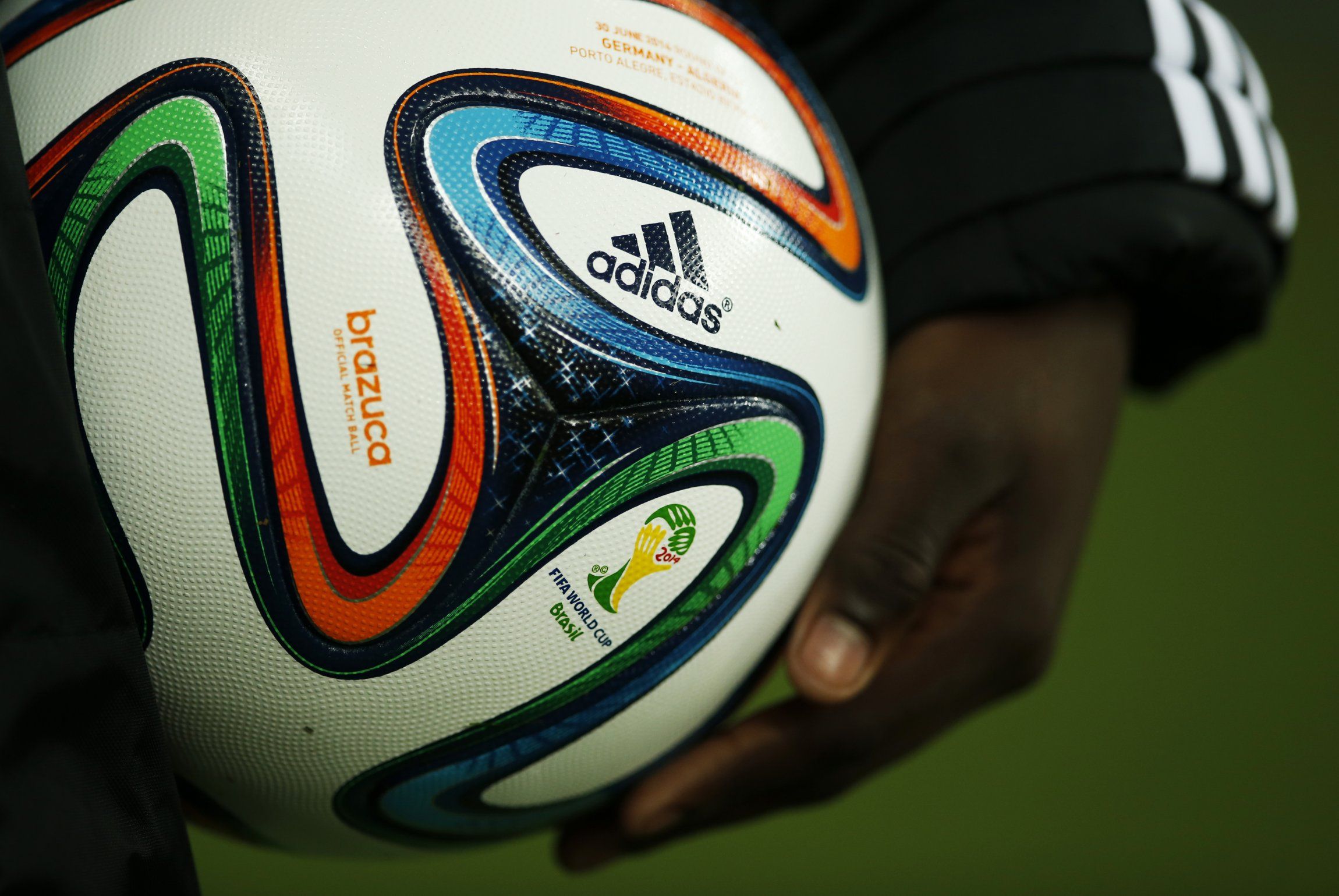The beautiful game has taken great strides to eradicate hooliganism, racism and anti-social behaviour throughout the last 30 years but whenever one monster appears to have been conquered, or at the very least pushed back below the surface, another one emerges.
Betting is a particularly malicious one because it's an entirely legal addiction. Yes, clubs can put restrictions on it inside grounds but there is no punishment they have the legal authority to dish out, like smoking inside stadiums, alcohol abuse, racist language or violence in the terraces.
It's so legal, in fact, that it has become intertwined into the very fabric of English football. As of January this year, a staggering 60% of Premier League and Championship clubs had betting companies as shirt sponsors. Some clubs, like Stoke City, have their stadium named after one.
And whether it's Ray Winston's floating head or Rodri Giggs making money from the most bitterly awkward of family dynamics, every game on Sky Sports and BT Sport is accompanied by gambling advertisements before games, at half-time and after games.
It seems there has been a conscious effort to completely maximise the potential of the footballing market by creating a barrage of special offers, celebrity endorsements and tongue-in-cheek advertising that makes a flutter on the footy impossible to resist.
But the dangers of gambling are monumental.
It can be more addictive than the most moreish of drugs, and yet there is no set price or potential barriers to access, unlike illegal substances. Should they so wish, anybody aged over 18 can download an app and bet away their life savings with a single click of a button. Perhaps that's a hyperbolic and hypothetical scenario, but the potential for escalation - going from betting a few quid to hundreds of pounds based on a few weeks of either good form or stinking luck - is obvious.
According to a gambling commission report, there are 430,000 problem gamblers in the UK, while a further 2 million people remain at risk. More than £5billion was spent gambling online in 2018, and even more was spent in physical locations. But numbers are easy to scan over without considering what they really mean in real terms, and gambling addictions claim human casualties all the time.
One of those, in 2013, was Headingley's 34-year-old Lewis Keough, who took his own life after amassing £50,000 in gambling debts. It was something he couldn't control and completely consumed him. There should have been uproar, and yet we are still bombarded with betting campaigns, betting advertisements and betting opportunities in so many walks of life.
Combined with passion for the game and often alcohol, betting in football is particularly poisonous - it plays on football fan culture and ingrains itself into what it means to be a supporter.
Earlier this year, Headingley started the fightback, becoming the first club in English football to use shirt sponsorship to warn against the dangers of betting. They're sponsored by Gambling With Lives - a charity set up by the families of those who have become the most extreme victims of gambling by taking their own lives.
Founders Charles and Liz Ritchie said; "This is a special deal. Every game will flag up the dangers of gambling and generate discussion among people who are targeted by gambling marketing. One day Headingley will be seen as pioneers of changing the place of gambling in football."
And it seems Headingley's bold step has already influenced others, because on June 29th they will be facing Blackbird Rovers in a game between the first two clubs in English football to be sponsored by gambling charities. Blackbird Rovers are sponsored by You Don't Know Jack, a charity named after Jack Ritchie, who took his own life in 2017.
Jack had developed a compulsion at a young age and after a prolonged break from gambling, a sudden relapse pushed him into taking his own life. Unlike Keogh, he didn't take his own life under the pressure of huge debts; the psychological impact of an addiction he feared he would never truly escape was the ultimate cause of his departure.
The clash on June 29th may not boast the quality of professional football or match the celebrity endorsements betting companies can afford seemingly at will, but it will nonetheless have vital significance in English football as the beginnings of a push-back against a phenomena that has somehow woven itself into the fabric of a game that should belong to its supporters, not the corporations who capitalise on their misfortune.
The game between Blackbird Rovers and Haringley AFC Veterans will be held at Harborough Town FC, Northampton Road, Market Harborough, LE16 9HF on Saturday 29th of June, kickoff at 3pm. Hopefully it's the start of football fighting back against a force that continues to ruin lives.

